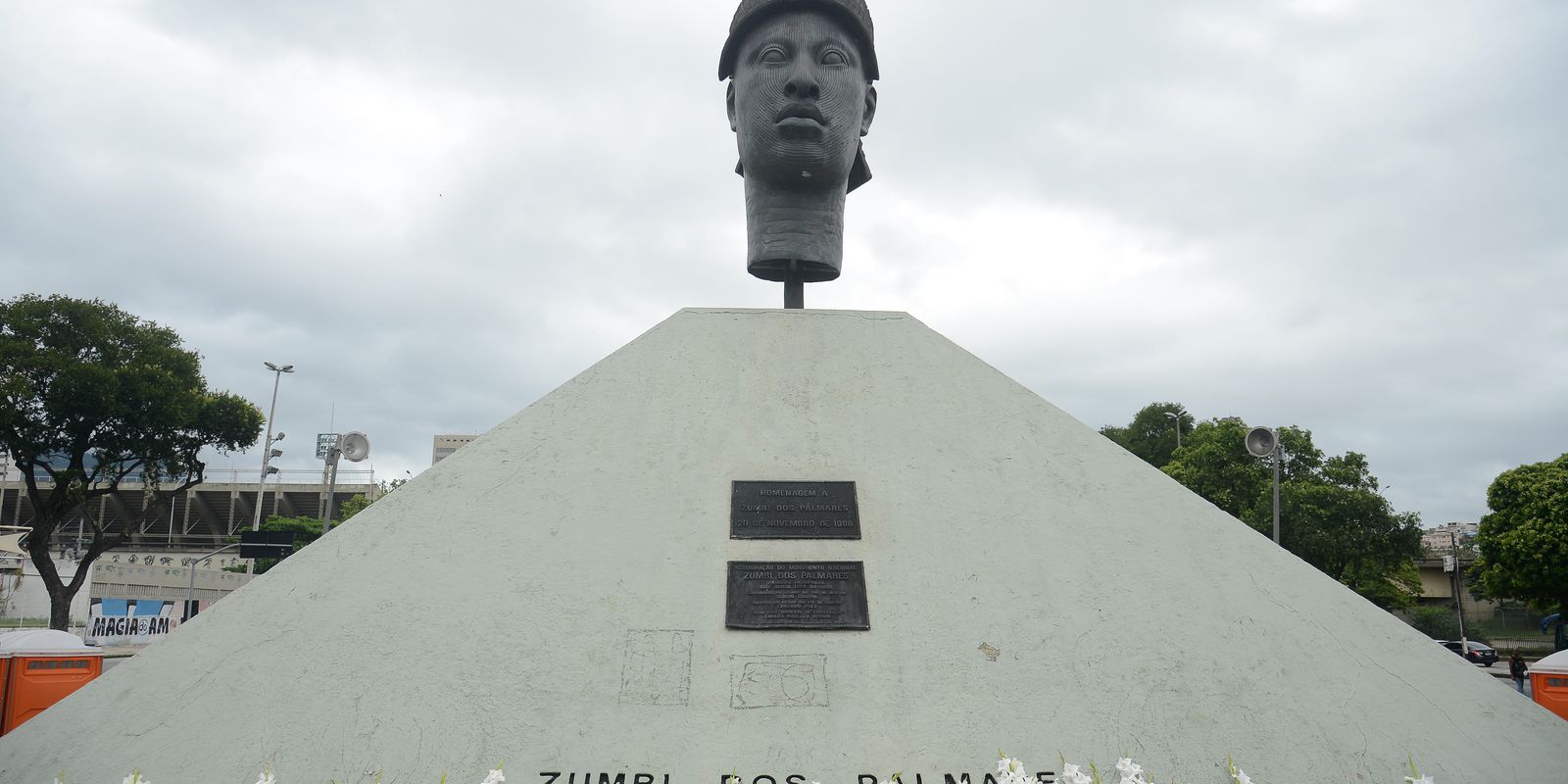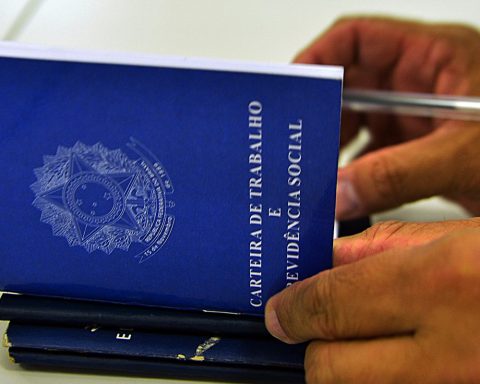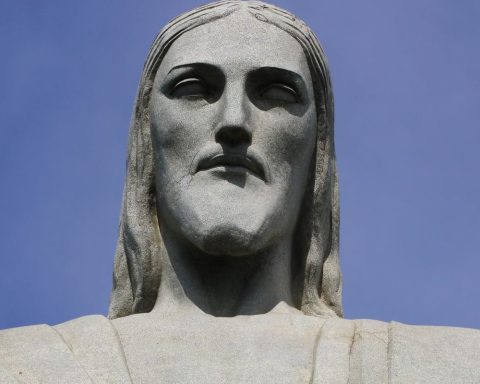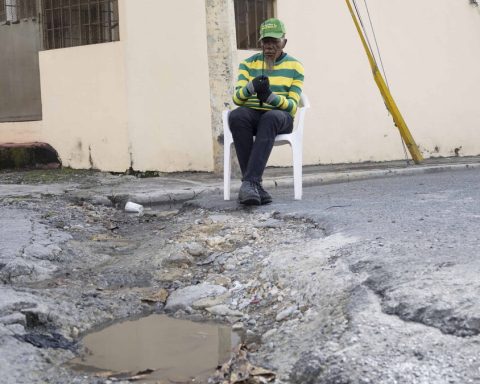This Thursday (18th), the Senate unanimously approved a bill that typifies racial slurs as racism. The proposal provides for a fine and imprisonment of two to five years for those who commit the crime.
The matter, which is going to be analyzed by the Chamber of Deputies, was approved in a session destined to the analysis of proposals for confronting racism and valuing black culture. The session was a tribute by parliamentarians to the Day of Black Consciousness, celebrated on November 20, Day of Zumbi dos Palmares, which led the Quilombo dos Palmares, in the 17th century.
Approval of the matter takes place after the Supreme Court (STF) decided, in October, that the crime of racial injury do not prescribe. At the time, the Court understood that cases of libel can be criminally classified as racism, a conduct considered obligatory by the Constitution.
Author of the proposal, senator Paulo Paim (PT-RS) argued that, although defined by law, racial slurs would not be fully equated with racial crimes defined in the Penal Code.
Paim highlighted the importance of voting on the projects for today’s session in the fight against racism. “The Brazilian population is made up of 56.2% blacks and browns, that is, 120 million Brazilians. The vast majority are poor, we all know. Structural racism is a reality. It is in the look, in the gestures, in the words , in violence, in hate,” he said.
Valongo Wharf
In a symbolic vote, the senators approved the recognition of the archaeological site Cais do Valongo, in the port region of Rio de Janeiro, as a Heritage of Afro-Brazilian History and Culture and essential to the formation of national identity. The project is going to be analyzed by the Chamber.
The article provides guidelines for the special protection of the Valongo Wharf, as a result of the title of World Heritage Site granted by Unesco, and prioritizes actions to preserve memory and promote racial equality as a means of reparation for the Afro-descendant population.
The reporter for the matter, senator Carlos Portinho (PL-RJ), justified the approval of the matter by stating that the Valongo Wharf was the main port of entry for enslaved Africans in Latin America and became a meeting point for the black community in Rio de January, then the country’s capital. In about 40 years, almost 1 million enslaved Africans passed through the Valongo Wharf, which made it the largest receiving port for slaves in the world.
“The importance of the site is such that the Valongo Wharf archeological site became part of the list of the World Heritage Site of the United Nations Educational, Scientific and Cultural Organization (Unesco), on March 1, 2017″ , justified Portinho. The senator highlighted that the site has “exceptional universal value, as a memory of violence against humanity, represented by slavery, and of resistance, freedom and heritage, strengthening the historical responsibilities, not only of the Brazilian State, but of all the member countries of Unesco”.
Zumbi dos Palmares Seal
The senators also approved the creation of the Selo Zumbi dos Palmares, which will be granted to municipalities that adopt policies to combat racism. Matter goes to enactment. The title will be awarded annually by the Senate.
“It never hurts to remember that [o quilombo de] Palmares resisted for over 100 years, consolidating itself as a space for the struggle of the black people. There were many attacks and violence suffered by those who just wanted to live well. The physical location remains, as well as its idea”, argued the reporter of the matter, senator Eliziane Gama (Cidadania-MA).

















